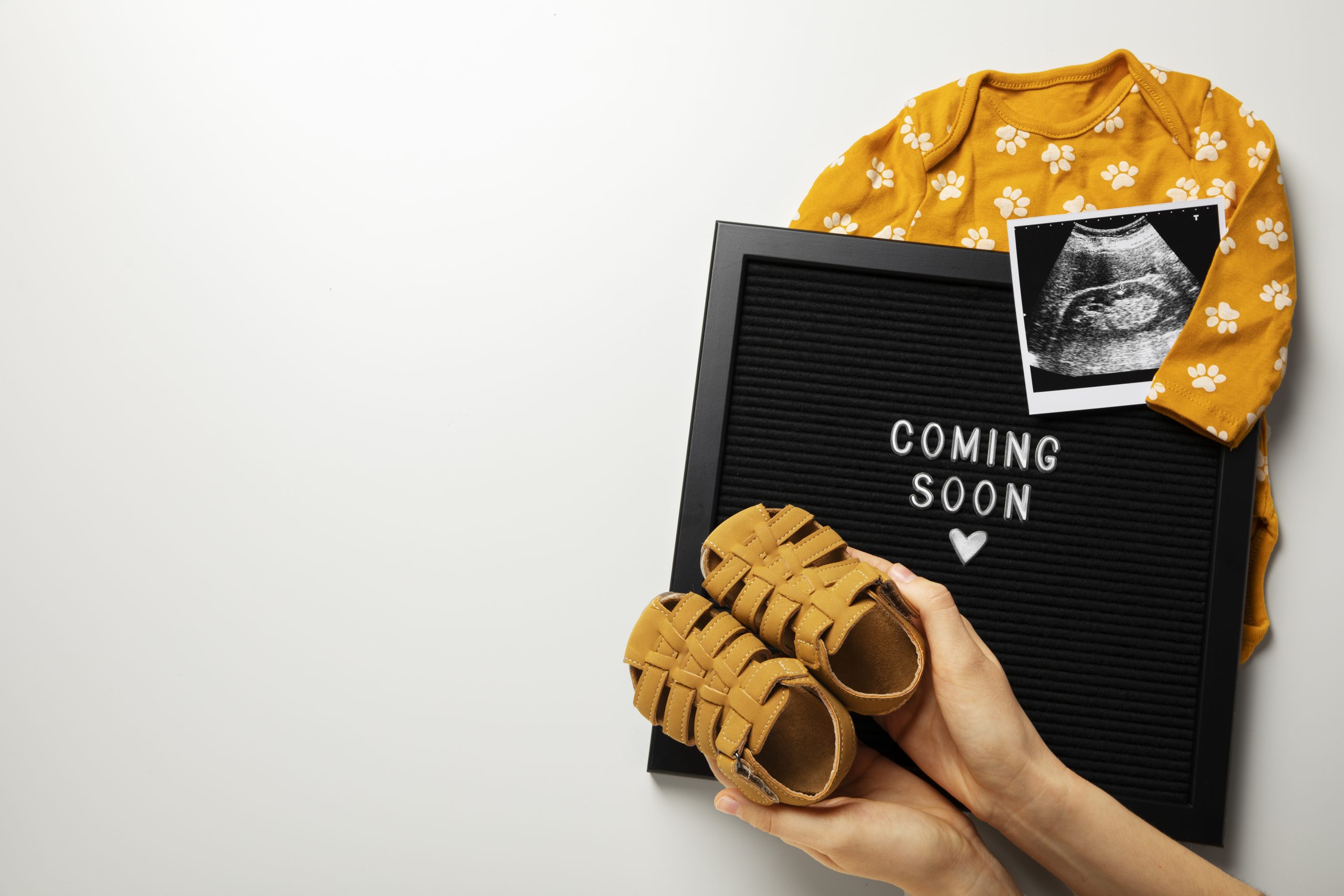Embarking on parenthood is like hopping on a rollercoaster—thrilling, emotional, and full of surprises! But for couples undergoing IVF, this journey can feel even more intense, filled with anticipation, hope, and a million questions.
If you’re wondering what happens week by week after IVF, buckle up! We’re taking you through this magical journey—from the moment of implantation to the grand finale when you meet your little one. Let’s dive in!
Weeks 1-4: The Tiny but Mighty Beginnings
The first few weeks are crucial as your little embryo cozies up in the uterine lining. Some early signs? Light cramping (feels like mild period pain) and possibly some spotting—this is implantation bleeding, and it’s totally normal.
One of the biggest questions IVF moms have is: How many weeks pregnant am I? Fun fact—pregnancy is usually counted from the date of egg retrieval, so you get an extra two weeks added to the count. Consider it a little IVF bonus! 🎉
Weeks 5-8: Hello, Morning Sickness (Maybe!)
Your baby is officially starting to take shape—tiny organs, a teeny heartbeat, and a whole lot of potential! By week 6 or 7, your doctor will likely do an ultrasound to confirm that beautiful, fluttering heartbeat.
As for symptoms? You might start feeling extra tired, your breasts could be more sensitive, and, oh yes—morning sickness might make an appearance. (Pro tip: Snacking on dry crackers before getting out of bed can be a game-changer!)
Weeks 9-12: First Trimester, You Did It!
Your baby is no longer an embryo—it’s officially a fetus! 🎉 This means the placenta is now in charge of delivering all the good stuff (nutrients and oxygen).
On the flip side, morning sickness might hit its peak, and emotions may run high (thanks, hormones!). But here’s the silver lining—by week 12, your pregnancy is considered much more stable, and the risk of complications significantly drops. Deep breath—you’re doing great!
Weeks 13-16: Hello, Second Trimester Energy Boost!
Good news—many early pregnancy symptoms start to ease up now. You might feel more energetic and finally start enjoying food again (bring on the cravings!). Your baby bump might also start making an appearance.
This is a great time to focus on eating well and incorporating gentle exercises like prenatal yoga.
Weeks 17-20: Baby Kicks & Happy Flutters!
One of the most magical moments of pregnancy happens now—you’ll likely feel your baby move for the first time! Those little flutters (called quickening) are your baby saying, “Hey, I’m here!”
You might also experience backaches and mild discomfort, but staying active and stretching can help. And yes, by now, maternity pants may become your new best friend!
Weeks 21-24: Your Baby’s Getting Stronger!
Your little one is growing fast, and their chances of survival outside the womb increase each week. You might notice some skin changes (hello, pregnancy glow!) and feel your appetite increase.
This is a great time to start thinking about childbirth classes—knowledge is power!
Weeks 25-28: Welcome to the Third Trimester!
The final stretch begins! With your baby getting bigger, you might feel more breathless and experience more pressure on your belly. Regular doctor visits become even more important now.
Also, if you haven’t already, start discussing your birth plan with your doctor. Planning ahead = less stress later!
Weeks 29-32: Braxton Hicks & Baby Prep Mode
You might start experiencing practice contractions (Braxton Hicks)—they’re your body’s way of warming up for the big day. Backaches might also be more noticeable, so don’t forget to pamper yourself (hello, prenatal massage!).
Now’s a great time to set up the nursery, pack your hospital bag, and enjoy some relaxation before things get really real.
Weeks 33-36: The Home Stretch!
Your baby is getting into position (ideally head-down), and you might feel a lot more pressure on your bladder—cue endless bathroom trips!
Fatigue might return, so rest as much as possible. Your body is working hard, and you’re almost there!
Weeks 37-40: Showtime!
This is it—any day now, your baby could make their grand entrance! You might notice your belly drop as your baby settles lower, making breathing easier but walking… not so much.
Contractions could start anytime, so keep your hospital bag ready. Your little one is about to make their big debut! 🎉
Is IVF Pregnancy Safe?
A common question: After how many weeks is IVF pregnancy considered safe? Research shows that once you cross the 12-week mark, the risk of complications significantly decreases. That said, regular check-ups and communication with your doctor are key for a smooth journey.
FAQs: Quick Answers to Your IVF Pregnancy Questions!
💡 Is IVF pregnancy considered high-risk? Not necessarily! As long as you follow medical advice and stay on top of prenatal care, IVF pregnancies can be just as healthy as natural ones.
💡 When can you hear the baby’s heartbeat? Around 6-7 weeks via ultrasound! That first heartbeat? Absolute magic.
💡 How do you maintain an IVF pregnancy? Follow your doctor’s guidance, eat well, stay active (as advised), and take prenatal vitamins.
💡 How accurate is the IVF due date? IVF pregnancies have a more predictable due date—typically 38 weeks from egg retrieval. But just like natural pregnancies, babies arrive on their own schedule!
Final Thoughts: IVF—A Journey Worth Every Step!
The IVF journey is nothing short of incredible. From those first hopeful weeks to the moment you hold your baby, every milestone is a testament to patience, resilience, and love.
So, embrace the journey, trust the process, and know that you’re not alone. Parenthood is just around the corner, and it’s going to be amazing! 💕

